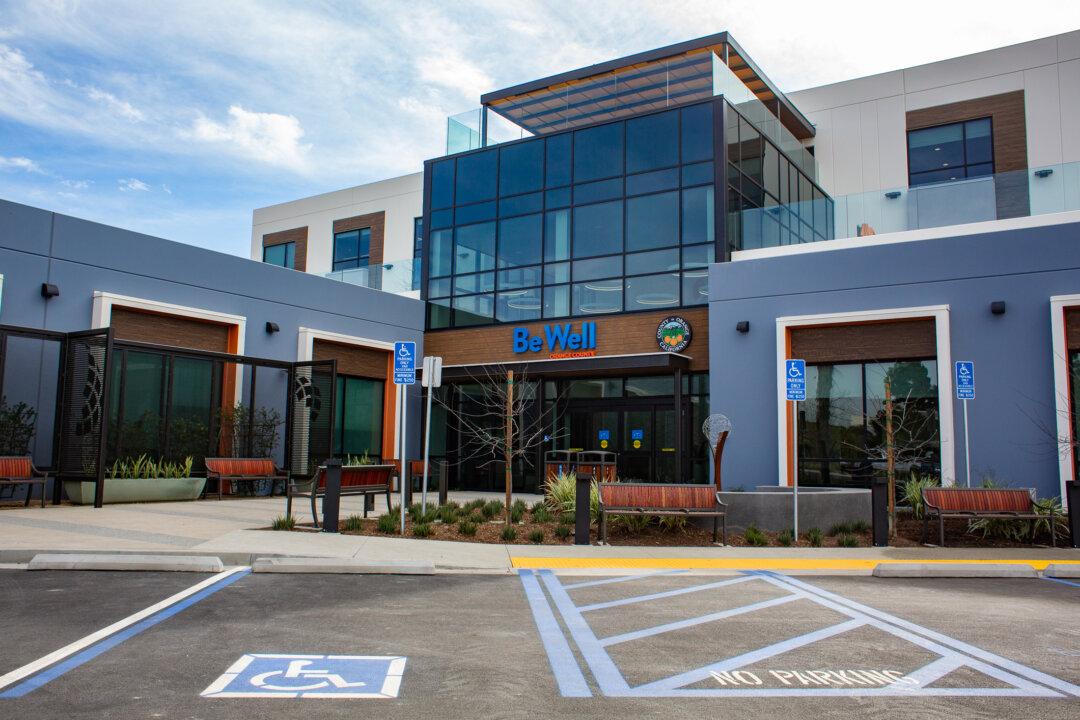When Dr. Richard Afable set out to address mental health in Orange County, California, he was aiming for a cohesive effort that paired city resources with the surrounding community.
More importantly, he wanted a place where all types of people, of all income levels, would feel comfortable seeking out help, without judgment.





